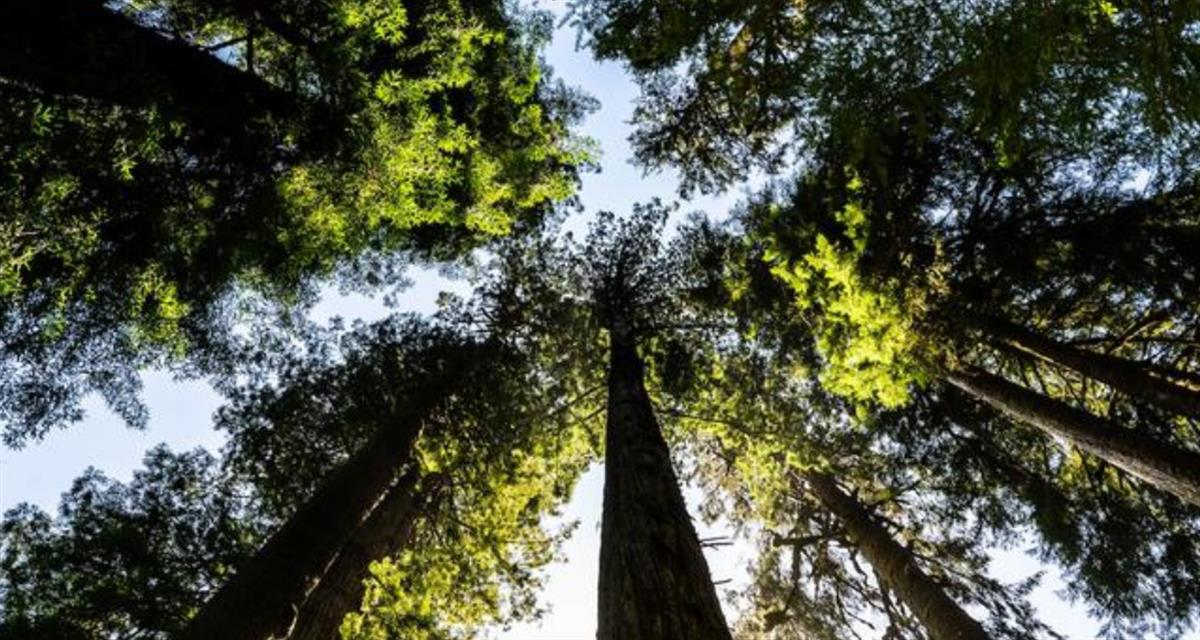
Climate | #environmental peacebuilding | News
International Geneva turns focus to nature and peace
by Michelle Langrand
Nature and peace will be in the spotlight this week in Geneva as experts from around the world gather online for the International Conference on Environmental Peacebuilding.
Organised by the Graduate Institute of International and Development Studies and the Environmental Peacebuilding Association, with the help of other organisations in Geneva, the second edition of this conference, from 1 to 4 February, will explore the links between climate change, environmental degradation, conflict and peace.
Over 350 experts from around the world, including the United States, Colombia, Kenya and Switzerland will present their latest research on issues such as fostering peace through water management, conservation in conflict ridden places, mineral extraction for the green transition and climate at the UN Security Council.
“This is an opportunity to take stock of where environmental peacebuilding is at this point of reflection, of its past as well as its future,” said Dr Achim Wennmann, director for strategic partnerships at the Graduate Institute.
What is environmental peacebuilding?
Environmental peacebuilding is an emerging field of study and work that has gained increasing attention in the past 15 years. Often associated with climate security, it essentially aims to understand how climate change, the degradation of nature or the competition for natural resources can drive conflict, and in turn, how to use environmental protection to restore the social fabric that has been torn by war and conflict.
“Many environmental experts working on environmental protection, biodiversity or climate change realise that many of their areas of operations are in conflict areas, so they do not always have the necessary instruments to do their work,” Wennmann told Geneva Solutions.
An explosion at an oil refinery or an attack on a naval ship, for example, can cause serious damage to ecosystems nearby, and require cleanup and restoration work. However, for conservationists, accessing those places can be tricky, not to mention dangerous, and knowing how to engage with armed actors can sometimes be the difference between life and death.
“From the peacebuilding side, there has been a recognition that environmental challenges in themselves are a conflict risk that the parties are grappling with, and that because of their systemic nature, they also represent a source of common ground,” he added.
Droughts and floods can put pressure on already strained water and food resources, fuelling tensions between rival communities, but they can also be seen as challenges that are better faced with combined strengths rather than alone. For instance, peacebuilders can learn from environmentalists how to use water management to build trust between opposing parties.
Read also: How can water drive peace in the Sahel?
While relatively young, environmental peacebuilding has attracted interest following the publications of the Intergovernmental Panel on Climate Change (IPCC), which have warned that the rise in global temperatures will only worsen extreme weather events – flooding crops, parching lands and wiping out entire communities.
The IPCC will be releasing at the end of February the second part of its landmark report on climate change, which will focus on the current impacts of climate change and how the world can adapt to them.
“As the IPCC will present its findings soon, it becomes very important to muster all available instruments that societies and governments have in terms of finding new approaches and new solutions to mitigate this tremendously systemic challenge,” Wennmann explained.
Using diplomacy to tackle climate change
For Wennenan, one of the key outcomes of the conference is for environmental workers to rely more on private diplomacy, also known as peace mediation, one of the main assets of International Geneva.
“Many actors have a significant informal and formal footprint in Geneva, so private diplomacy could be used by the climate change community to unlock difficult situations,” Wennmann said.
“You will not be able to mitigate the impacts of climate change unless you are in dialogue with difficult actors, whether they are non-state groups, so-called terrorist organisations, or autocratic governments.”
The full list of events can be found here.
#environmental peacebuilding #climate change #conflict #peace #The Graduate Institute
SOURCE: GENEVA SOLUTIONS